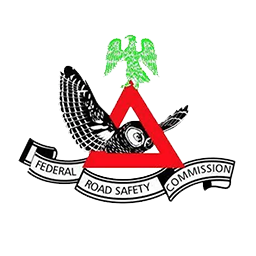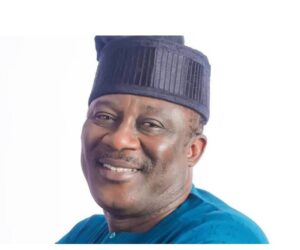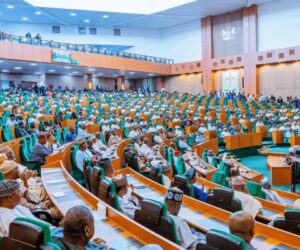The Federal Road Safety Corps (FRSC) has signed a National License Agreement with the International Road Assessment Program (iRAP), to strengthen national efforts to reduce road crashes and fatalities.
The agreement was presented to President Bola Ahmed Tinubu, represented by the Secretary to the Government of the Federation, Senator George Akume during the International Road Crash Victims Africa Conference held on Tuesday at the Body of Benchers Complex, Jabi, Abuja.
Under the new partnership, FRSC will deploy iRAP’s globally recognized road safety assessment protocols and technologies to identify high-risk road segments and implement targeted safety improvements.
Blueprint report that the initiative aligns with Nigeria’s commitment to reducing road fatalities by 50% by 2030, consistent with the targets of the Second UN Decade of Action and Global Road Safety Performance Indicators. These include ensuring all new roads meet a minimum 3-star safety rating by 2030 and bringing over 75% of travel on existing roads up to internationally accepted safety standards.
FRSC Corps Marshal Shehu Mohammed described the agreement as a major step forward in enhancing road safety nationwide.
He noted that the partnership reinforces Nigeria’s dedication to protecting road users and supports the administration’s broader transportation safety agenda.
iRAP CEO Greg Smith, represented by Nathalie Chiavassa, welcomed Nigeria as the fourth African country to join the global program.
He commended FRSC’s leadership and expressed confidence that the partnership will contribute significantly to reducing road traffic deaths and injuries.
President Tinubu lauded both FRSC and iRAP for their commitment to improving road safety, emphasizing that safer roads are essential to national development and economic growth.
The agreement is expected to accelerate evidence based interventions that will save lives, enhance mobility and support Nigeria’s long term transportation goals.








